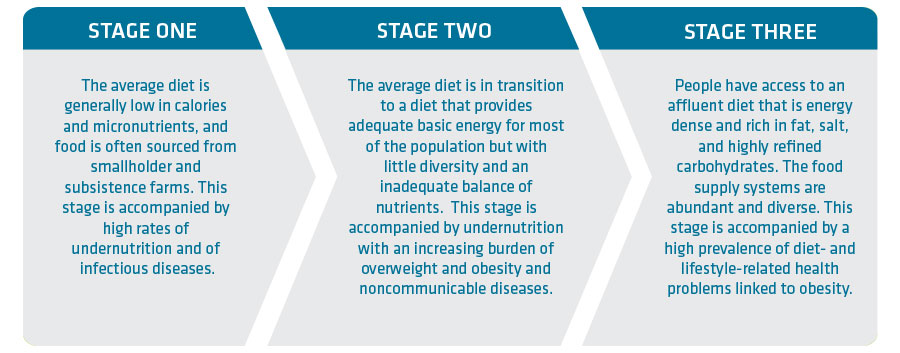The increased consumption of traditional animal protein is radically altering human health and global supply chains. Is this sustainable? What are the alternatives?
The Emergent Middle-Class – Changing Food Demand
The Emergent Middle-Class – Changing Food Demand
Economic development in the developing world is bolstering a rising middle-class of consumers able to afford different and more nutritious food. As an example, “increases in per capita consumption and changes in diets is leading to the consumption of more livestock products.” “It is projected that by 2050, 2.3 times more poultry meat and between 1.4 and 1.8 times more of the meat of other livestock products will be consumed as in 2010 (FAO, 2009).” Changing diets means more protein will be consumed by humans, however It is less clear that a continued reliance on animal protein presents the best sustainable health or environmental option.
The correlation between increasing wealth and changing diets is well documented, and has been described in a recent UN publication as the ‘Stages of Nutrition Transition’.
The Three Stages of Nutrition Transition

Source. Fanzo, Jessica, Carl Lachat, Thalia Sparlilng and Ted Olds. 2013. The sensitivity of agriculture and food policies. A summary of eight country case studies. Changing Food Systems for Better Nutrition, United Nations, SNC News, No 40.
The developing Asian middle class economy is having a dramatic impact on food consumption patterns, causing ripple-effects on the global supply chain. For example, the growth in Asian demand for animal proteins, mainly meat and dairy, has rapidly spurred growth of exports from New Zealand, and triggered ownership changes in meat supply chains in Australia. Such changes are likely to continue, as food production systems and supply chains adapt to meet demands from consumers seeking new and different food types. This picture will be further compounded as wealth increases in India, and then African countries, where dietary demands may cause different shifts.



